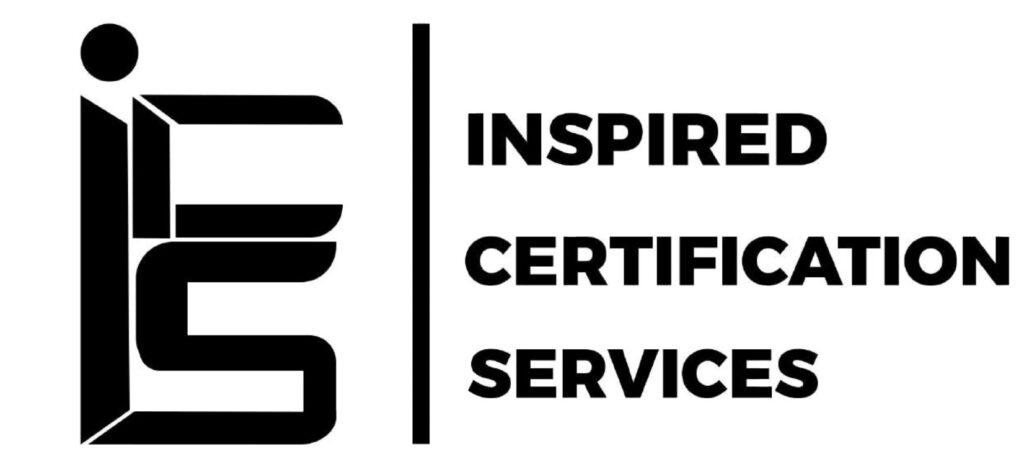Today’s world is heavily reliant on electronic items, whether it’s a smartphone, a computer, or any other electronic gadget. However, as the use of these items grows, so does the need to ensure their safety and sustainability. ROHS certification in India is an important component of guaranteeing the safety of electronic goods, and we will learn about the full form of ROHS certification in India and its significance in this post.
What is ROHS Certification?
ROHS certification is a directive of the European Union (EU) that regulates the use of hazardous compounds in electronic equipment. The regulation attempts to limit the number of harmful compounds used in electronic devices while also encouraging the use of environmentally friendly materials in their manufacture. The directive applies to all electronic items supplied in the EU, and producers must demonstrate that their products meet the ROHS standard.
What is the full form of ROHS certification?
ROHS is an acronym that stands for Restriction of Hazardous Substances. It is a certification given to electronic goods that comply with the ROHS standard, which limits the use of hazardous compounds in electronic goods. In India, ROHS certification is given to electronic goods that meet the ROHS standard and are deemed safe and sustainable.
What is the significance of ROHS certification in India?
ROHS certification is crucial in India for various reasons:
- Environmental Protection: The ROHS certification helps to reduce the number of hazardous compounds used in electronic goods while also encouraging the use of environmentally friendly materials in their manufacture.
- Consumer Safety: ROHS-certified electronic goods are regarded safe for use and do not endanger customers’ health.
- Conformity with International Norms: ROHS certification in India aids in assuring compliance with international standards, which is critical for firms looking to market their products in the European Union.
- Improves Reputation: ROHS certification helps to improve the reputation of manufacturers who comply with the ROHS standard and builds consumer trust.
What Hazardous Substances are Prohibited by ROHS Certification?
The use of various hazardous compounds in electronic goods is restricted under ROHS certification, including:
- Lead (Pb)
- Mercury (Hg)
- Cadmium (Cd)
- Hexavalent Chromium (Cr VI)
- Polybrominated Biphenyls (PBB)
- Polybrominated Diphenyl Ethers (PBDE)
What is the Process of Obtaining ROHS Certification in India?
Manufacturers in India must take the following measures to get ROHS certification:
- Determine the harmful compounds contained in their products.
- Conduct a risk evaluation of the ingredients in their products.
- Create a strategy for reducing the usage of hazardous compounds in their products.
- Provide paperwork demonstrating that their products meet the ROHS standard.
- They should have their products evaluated by a qualified ROHS testing facility.
- Obtain ROHS certification from a well-known certification agency.
Click To learn more about RoHS Certification
FAQs
What are the benefits of ROHS certification in India?
The advantages of ROHS certification in India include environmental preservation, consumer safety, conformity with international standards, and improved customer reputation.
Who is responsible for awarding ROHS certification in India?
In India, recognized certification agencies are only allowed to certify electronic goods that meet the ROHS standard grant ROHS certification
Is ROHS certification mandatory in India?
No, ROHS certification is not required in India. However, obtaining ROHS certification is critical for manufacturers who want to sell their products in the EU, as the EU requires all electronic devices marketed in the territory to comply with the ROHS standard.
How long is ROHS certification valid in India?
Most ROHS certifications are only valid for 5 years and must be renewed.




